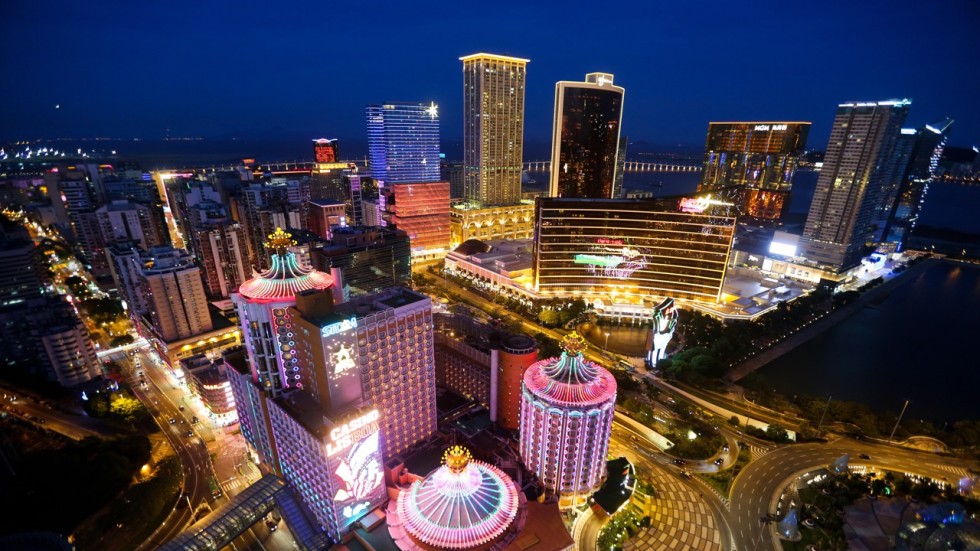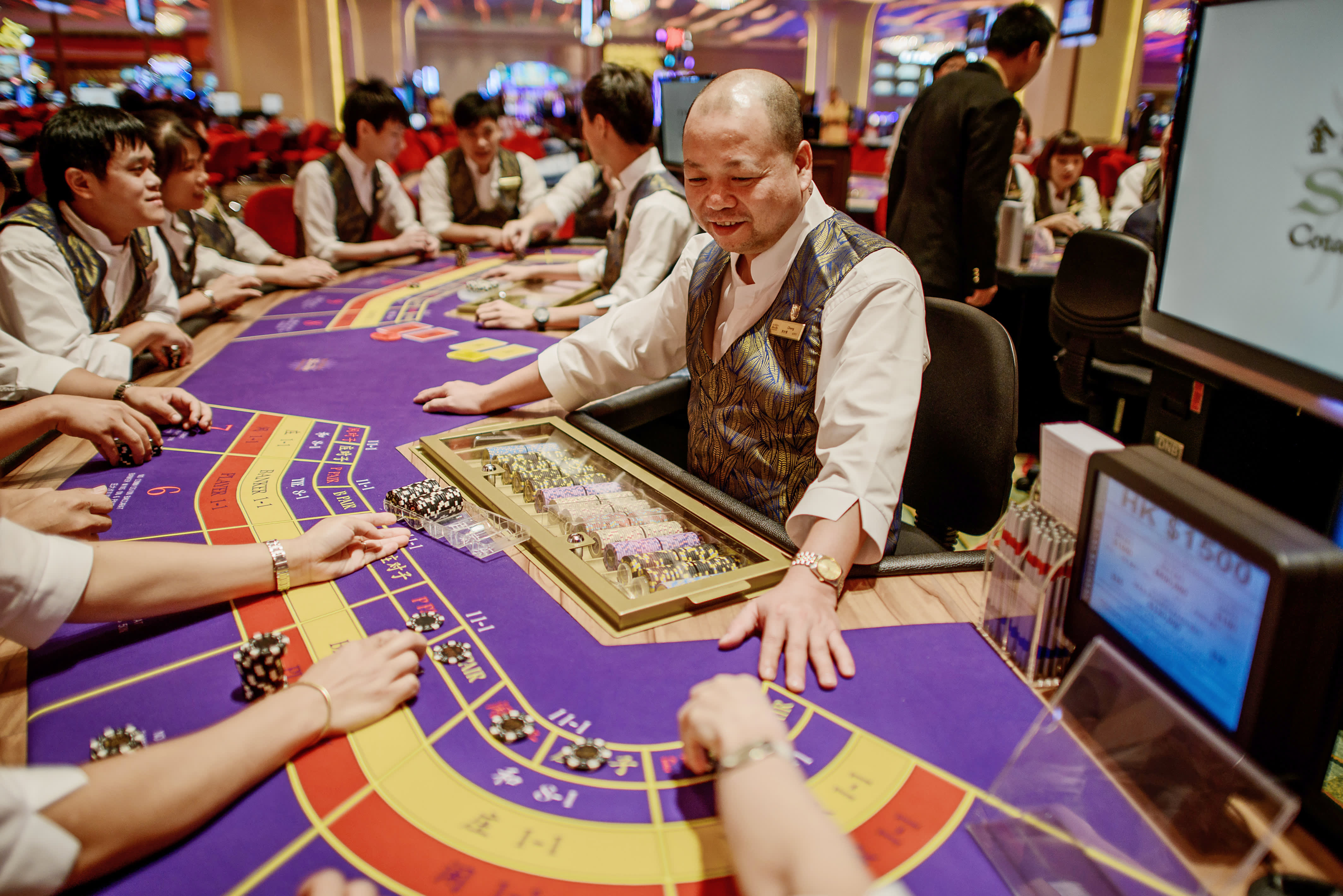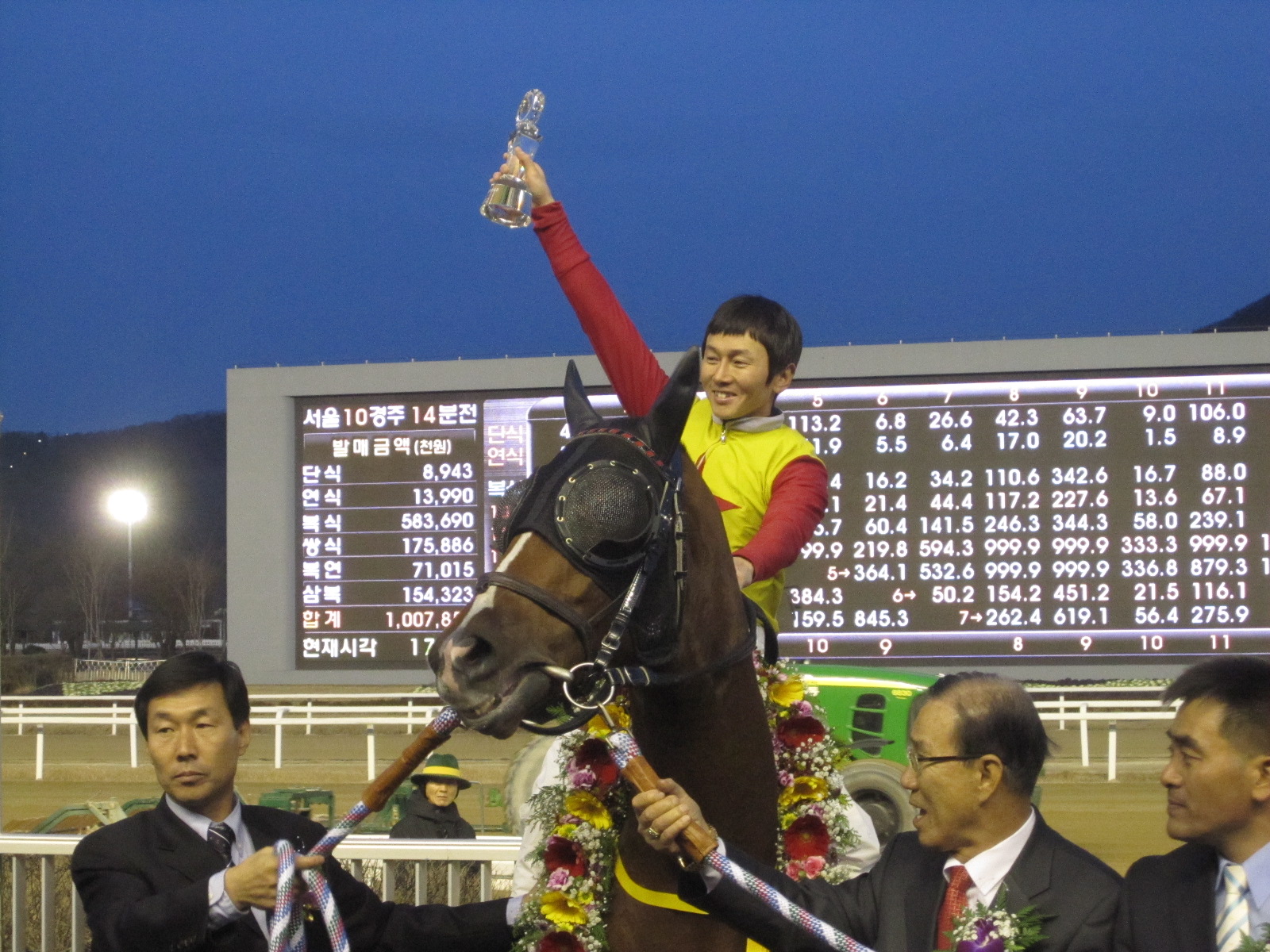Macao Gaming



With a gaming history stretching back for more than 3 centuries, Macao was renowned as “Monte Carlo of the Orient” and “Las Vegas of the East”. Gaming is now the pillar industry of Macao. In 2009, the gaming tax generated is estimated to be more than 70 per cent of the Macao Special Administrative Region's total fiscal revenue. Recently, Macao's gross gaming revenue has even exceeded the Las Vegas Strip occasionally, which makes it becomes the largest gaming city in the world. The success of the gaming business in Macao is primarily due to the policy support by the governments of the People’s Republic of China and Macao SAR, the robust investment by the entrepreneurs and the preference in gaming by the Chinese. This article will provide an overview on the development of the Macao gaming industry in chronological order.
Early Development of the Macao Gaming Industry
The Macao gaming industry can be traced back to the 16th century, when Macao first opened its harbor to the visitors. At that time, gaming was specifically popular among the construction workers emigrated from Mainland China, harbor coolies and domestic helpers. Since no gaming regulation was implemented, the gambling stalls were spread over streets and lanes and were operated by the bankers themselves.
After Hong Kong’s sovereignty was ceded to the British in 1842, Macao’s role as an important trading port was gradually replaced by Hong Kong. In an effort to fill its depleted coffers and diversify its leading economic activities, the Macao’s Portuguese government legalized gaming for the first time in 1847. By 1850s, there were more than two hundred “Fantan” stalls operating in Macao. Towards the late 19th century, gaming industry started booming, thus, making gaming tax as the main income for the government. Since then, Macao also began to be famous for its gaming industry and earned the appellation “Monte Carlo of the Orient”.
In 1930, “Hou Heng Company”, headed by Fok Chi Ting, historically won the monopoly concession for operating all forms of approved casino games. Upon granted the monopoly concession, “Hou Heng” started its casino business at the “Central Hotel” located in the Avenida Almeida Ribeiro and the previous “Victoria Cinema” (where the Tai Fung Bank is located now) respectively. “Hou Heng” was considered as a pioneer in the gaming business as it had brought about improvement and innovation to the sprawling gaming sector. For instance, it renovated and refurbished the casinos sumptuously, offered complimentary Chinese opera shows, free fruits, cigarettes and snacks to the patrons, and purchased ferry tickets on their behalf.
In 1932, greyhound racing was first introduced to Macao by Fan Che Pang and a group of overseas Chinese and Americans, who later formed the “Macao Canine Club” and built a greyhound racing stadium, which is now the “Yat Yuen Canidrome”. However, this newly introduced game was not truly popular at that time.


Horse racing activities appeared long before in 1842, but it was only until 1927 that there were organized races. At that time, races were organized in the newly built horse racing ground in Areia Preta by “Club Internacional de Recreio e Corridas de Macau, Limitada” who owned the monopoly concession for horse racing at that time.

In 1937, Macao gaming industry had undergone a revolutionary uplift. In that year, the Macao’s Portuguese government passed a Decree Law to integrate the operations of different games. The casino monopoly concession was granted to “Tai Heng Company”, headed by Fu Tak Iong and Kou Ho Neng. “Tai Heng” converted the “New Central Hotel” in Avenida Almeida Ribeiro into its flagship casino and introduced Baccarat (the most popular game at the present time) and many new western game types.
Later, the Sino-Japanese war exploded, causing Hong Kong to be adversely affected. Consequently, the horse and greyhound racing activities, which merely depended on patrons from Hong Kong, were suspended in 1942.
In February 1961, the 119th Governor of Macao Jaime Silvério Marques designated Macao as a “permanent gaming region” and officially positioned Macao as a low taxation region and regarded gaming and tourism as its major economic activities. Marques had also further defined the meaning of gaming as “Any game with results that are unpredictably and randomly generated and win purely by one’s luck is called games of fortune”.
Monopoly System in Gaming Industry
Before the monopoly concession of “Tai Heng” expired on 31 December 1961, Governor Marques and the related department enacted Diploma Legislativo no. 1496 in July of the same year, decided to liberalize the operations of games of fortune for public bidding. There were two companies that joined the bidding – a new company jointly set up by Ip Hon, Terry Ip Tak Lei, Stanely Ho Hon San, and Henry Fok, and “Tai Heng” that was already in operation in the market. Finally, the new company won the bidding, granted the monopoly concession to operate games of fortune as well as selling “Pou lottery”, “Shan lottery” and “Pacapio lottery”. In August of the same year, Cheung Kuan Pau’s application for re-opening the greyhound racing was approved by the government. The concession granted was 8 years and the “Yat Yuen Canine Club” was officially opened in August 1963.
The new casino monopoly concessionaire was registered as Sociedade de Turismo e Diversões de Macao (S.T.D.M) in 1962. Its first casino, the “Casino Estoril”, was opened in the same year, whilst the flagship Lisboa Hotel and the Casino Lisboa only started its full operation in 1970. Since then, STDM has dominated the gaming market for over 40 years. From STDM’s opening in 1962, more than 10 game types were authorized to be played in its casinos. Some of popular games included Fantan, Baccarat, Boule, Cussec, Black Jack, slot machines etc.
In 1980, Ip Hon formed “Macau Trotting Club” in an attempt to introduce harness racing in Macau, but it was not a popular sporting event. Amount of bets decreased so much that in 1988, all the races had to be stopped. In the same year, a Taiwan company bought the business, refurnished the racecourse into a flat one and organized its first race in September of 1989. However, due to various detrimental reasons, the business was so adversely affected that only after a year, it already entered into financial crisis. Finally, the business was taken over by STDM at 1 billion. Races were then restored in February of 1991.
Pachinko was later being introduced by STDM in 1998. In the same year, the Macau SLOT Co. Ltd. granted approval by the government to accept football betting, just in time to accept betting for the World Cup. On the other hand, STDM had also taken over the Macau Jockey Club in 1990, shaping itself into the largest gaming operator of Macao.
Gaming Liberalization after the Handover
Before Macao was returned to China’s sovereignty in 1999, there were numerous discussions and studies under different perspectives on the practicality of liberalizing the gaming industry. In fact, the Portuguese Macao Government had made considerations and preparations on over ruling the monopoly system in the gaming industry. For instance, back in 1986, the Legislative Assembly had enacted Law no. 10/86/M, stipulating “the number of concessions granted to be limited to three at a maximum”.
On 21 December 1999, the following day of the official set-up of Macao Special Administrative Region, the new Chief Executive, Mr. Edmund Ho Hau Wah, announced his plan in inviting an international consultant company that was very experienced in the gaming business to conduct studies on the perspective of the Macao’s gaming industry. In July 2000, the “Macao Gaming Committee” was formed. The main function of the Committee was to conduct studies on the development, legal issues, administrative regulations and policies related to gaming. In August 2000, the Committee decided to hire Arthur Andersen Worldwide to study on the development of the gaming industry and provide professional opinions to the Government during that kick off meeting.
In August 2001, the Legislative Assembly of Macao passed the Law no. 16/2001 “Legal Framework for the Operations of Casino Games of Fortune”, which stipulated the operation requirement, eligibility of major shareholders and management of the casinos and gaming tax that should be submitted. Upon the expiry of the concession of STDM on 31 December 2001, the Macao SAR decided to grant out 3 gaming concessions, in an effort to inject new dynamics to the gaming industry and to lie a strong foundation for further future development in gaming, reinforcing the policy direction set by the Macao SAR: “tourism, gaming, conventions and exhibitions as the “head”, and the service industry as the “body”, driving the overall development of other industries.”
On 26 October 2001, the Chief Executive Edmund Ho Hau Wah, signed the Administrative Regulation no. 26/2001 “Stipulating the Open Bidding for the Operation of Casino Games of Fortune and the Eligibility and Financial Capability of the Companies that participated in the Tendering Process”, in supplementary to Law no. 16/2001. In 30 October of the same year, the eight-member “Casino Concessions Committee” was set up under the Executive’s Order. It was responsible for coordinating work in respect to the tendering process and making recommendations to the Chief Executive once the concessions were granted.
In compliance with the Administrative Regulation 26/2001, the Committee officially started the tendering process on 2 November, and ended the tendering on 7 December 2001. There were a total of 21 bidding proposals received during the period with bidders holding capital in Macao, Hong Kong, US, Malaysia, Australia, United Kingdom and Taiwan etc. Among all, 3 companies that had insufficient documents were disqualified from entering into the final stage of the bidding process. On 31 December 2001, since the Macao SAR could not grant out the concession as scheduled, the concession contract of STDM was extended for 3 more months.
On 8 February 2002, the Macao SAR announced the results of the bidding, and concession was granted to Sociedade de Jogos de Macau (“SJM”), a subsidiary of STDM, Galaxy Casino, S.A. (“Galaxy”), and Wynn Resorts (Macao) S.A. (“Wynn”). The concession contracts for the operation of casino games of fortune were signed on 28 March, 24 and 26 June respectively. In December of the same year, the Macao SAR had made an alteration on the Galaxy's Concession Contract, which is, to allow Galaxy to have a sub-concession relationship with the Venetians Macao S.A. (“Venetian”). Following the issuance of the first sub-concession, the SJM and the Wynn had also subsequently signed a sub-concession with the MGM Grand Paradise, S.A. (“MGM”) and the Melco PBL Jogos (Macau), S.A. (“Melco PBL”) on 20 April, 2005 and 8 September, 2006 respectively. When the winners granted the concession were announced, besides SJM, the remaining concessionaires and sub-concessionaire all required time to construct their casinos and other related facilities. As such, they did not start operating right upon being granted the concessions.
In May 2004, the first casino of Venetian, Casino Sands, was opened. It was the first ever gaming investment project developed by an American company in Asia. In the same year, the Galaxy’s first project, Casino Waldo, also commenced operations. For the Wynn, its first casino hotel had the stone-laying ceremony in June 2004 and celebrated its grand opening in September 2006. The Melco PBL got control of the Mocha slot lounges in September 2006 and its first casino, Casino Crown (with name changed to Casino Altira now), opened in May 2007. In December of the same year, MGM’s first casino also entered into operation.
As of the year end of 2016, there were a total of 38 casinos in Macao, with 23 casinos located in the Macao Peninsula and 15 casinos in the Taipa Island. Among the total number of casinos, the SJM has 20 casinos; Galaxy has 6 casinos; the Venetian has 5 casinos; Melco Crown (formerly known as “Melco PBL”) has 4 casinos; Wynn has 2 casinos and; MGM has 1 casino.
No comments:
Post a Comment
Comments always welcome!